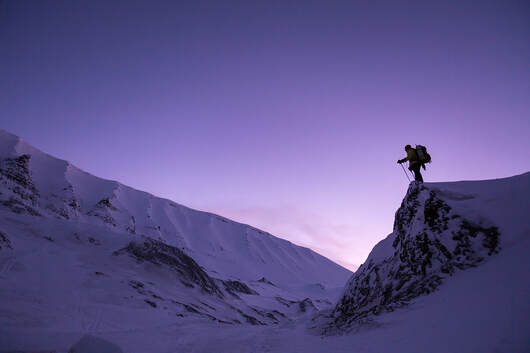|
Hiking and trekking are sports for all body shapes and sizes. And with the right training, absolutely everyone should be happy to step onto any trail they desire. But lets face it, if you are carrying a few extra kilos, hiking can really grind you up. And if you are trying to follow a traditional trek training program, and do all of your training on the trail, you are just asking for trouble... One of the biggest issues with traditional trek training is the idea that you have to spend all your training either walking or hiking. And while this can work for some, if you are overweight it is not a good idea! This is because, unfortunately, you are already at a much higher risk of of overuse injuries such as plantar fasciitis, shin splints or knee pain. And those are things you really don't want to mess around with! Instead you need to be smart about your training. And structure it to minimise any chance of discomfort or injury (which making sure you improve your fitness of course!) How To Get Fit, Strong |
AuthorRowan is a personal trainer who specialises in training for hiking, trekkers and mountaineers for their bucket list adventures. Archives
July 2024
Categories
All
|
AboutSummit Strength is a personal training for hiking service created specifically to help hikers have the best chance of a safe, enjoyable and successful adventure.
|
Company |
Services |
|
|
© COPYRIGHT 2018. ALL RIGHTS RESERVED.
|
Website Design by My Personal Trainer Website
|



 RSS Feed
RSS Feed
